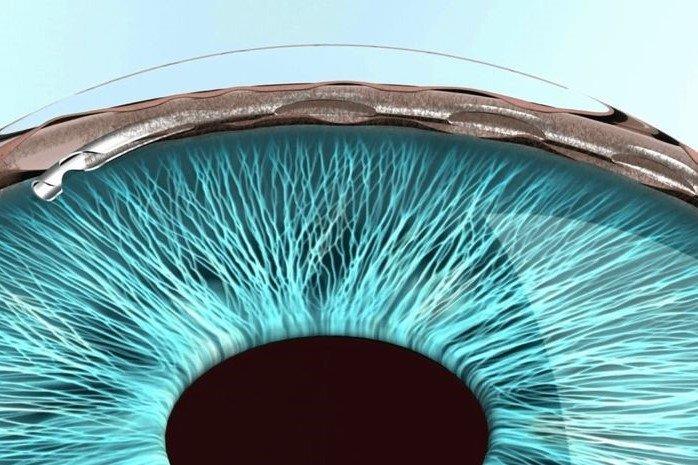New understanding of eye pressure?
Scientists at the University of Arizona have identified a potential molecular mechanism that may hold the key to understanding how pressure is regulated in the eye, potentially leading to future treatments for glaucoma and other diseases.
Glaucoma is caused by improper drainage of the aqueous humor (the fluid that nourishes the eye). The imbalance of fluid inflow and outflow elevates the intraocular pressure (the fluid pressure inside the eye), eventually damaging the optic nerve and causing progressive vision loss.
In response to this major health issue, Professor Nicholas Delamere has received a US$2.3 million five-year grant from the US National Institutes of Health (NIH) to advance research into the specific mechanosensitive ion channel (TRPV4) researchers believe senses and helps regulate pressure inside the eye.
Mechanosensitive channels (MS channels) are proteins found in most cell membranes, which open a conductance pore in response to mechanical stress, said Prof Delamere. The size of each cell in the body is determined by regulation of the amount of fluid that flows in and out of the cell itself. Cells continually swell and shrink to maintain their appropriate dimensions. Pressure-sensing mechanisms control the correct amount of fluid in each cell, but exactly what signal tells the cell to switch from input to output to maintain the precise amount of pressure remains a mystery, Prof Delamere said.
Recent studies show when cells are stretched or strained, certain pores in the membrane will open, signalling the cell to react, said Prof Delamere. His team is focused on finding the one ion channel - the specific switch - relating to pressure in the eye.
"If the findings prove true, it means we have another piece of the puzzle on how the eye regulates. If we understand how it works properly, we get a ticket to understanding when it doesn't work and how we can prevent that," Prof Delamere said. "Understanding these ion channels and the signalling that determines the proper regulating of fluid could also be important in understanding blood pressure regulation and the growth of cancer cells, a target mechanism for the development of new drugs."



























